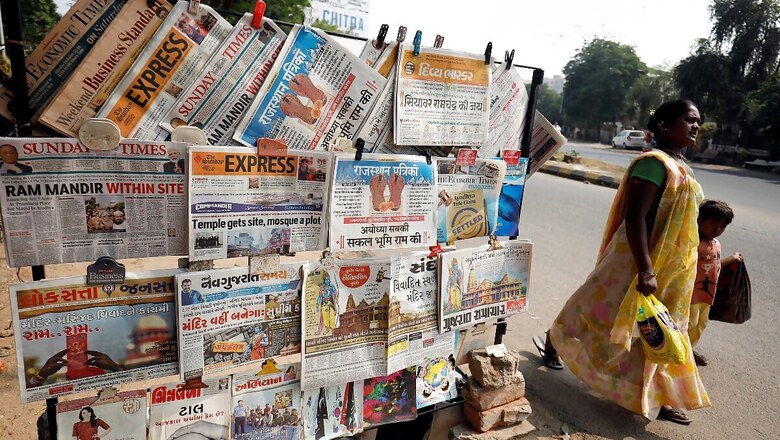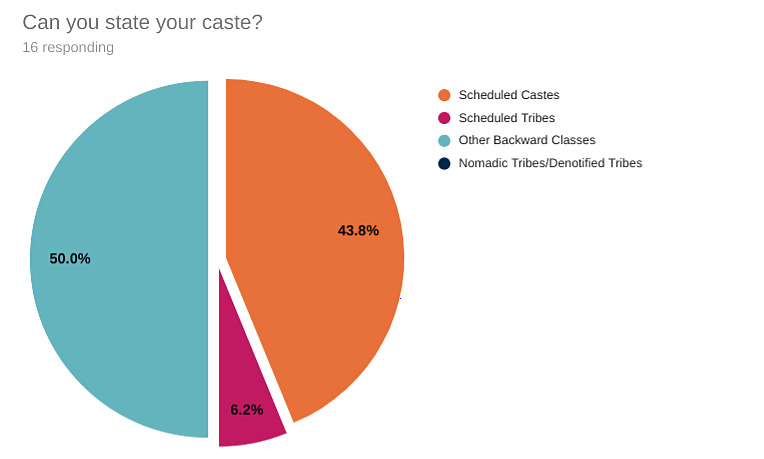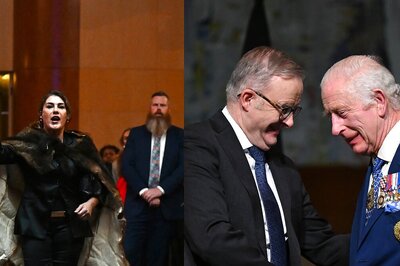
views
White people may be over-represented in newsrooms in the United Kingdom and United States, but their numbers pale in comparison to the dominance of Brahmins in Indian newsrooms.
The population of Brahmins – the topmost caste group in India’s hierarchical caste system – accounts for less than 4% of the total population, but their representation in English and Indian language media when combined with other higher castes is reported as high as 88% of all journalists and editors.
Why do newsrooms in India, especially English news media, remain dominated by Brahmins and other upper castes?
Oxfam India, in partnership with media watchdog Newslaundry, released a report in 2019 titled ‘Who Tells Our Stories Matters: Representation of Marginalised Caste Groups in Indian Newsrooms’ containing the results of a sample survey looking at English and Hindi news industries. The findings were damning.
Their key findings:
1) Of the 121 newsroom leadership positions—editor-in-chief, managing editor, executive editor, bureau chief, input/output editor—across the newspapers, TV news channels, news websites, and magazines under study, 106 were occupied by upper castes.
2) Three out of every four TV debate anchors – from a total of 40 anchors in Hindi channels and 47 in English channels – were upper caste. Not one was Dalit, Adivasi, or Other Backward Classes (a term used in India [OBC] to refer to a person belonging to the administrative category drawn primarily from group [b] mentioned above).
3) Only 5% of all articles in English newspapers were written by Dalits or Adivasis. Hindi newspapers fare slightly better at around 10%.
4) Around 72% of bylined articles on news websites were written by people from the upper castes.
To better understand the experiences of Bahujan journalists in Indian newsrooms, I surveyed 16 of them about their experiences at work. I found anecdotes of isolation, exclusion from discussions of the news agenda, assumptions about what stories they could or should be assigned.

Caste self-identification of reporters surveyed in a paper by Tejas Harad
Following are the detailed results of this survey and my recommendations for overhauling Indian newsrooms to better serve the entire nation. CLICK HERE




















Comments
0 comment